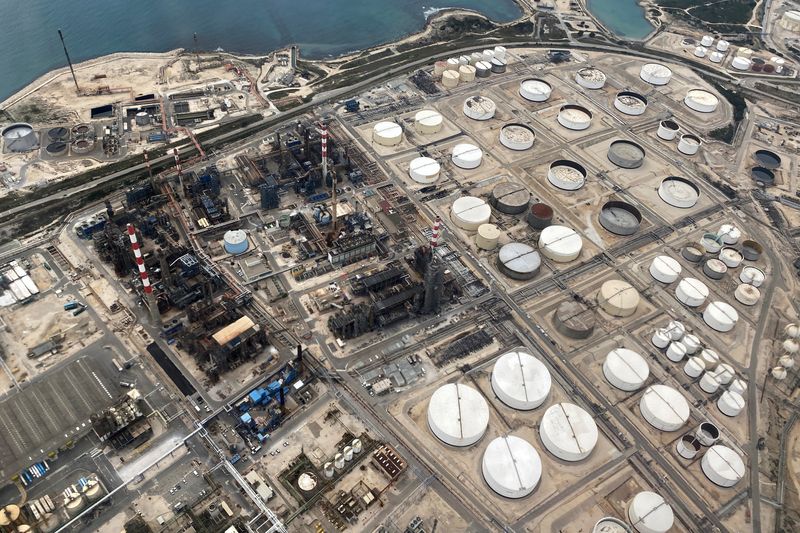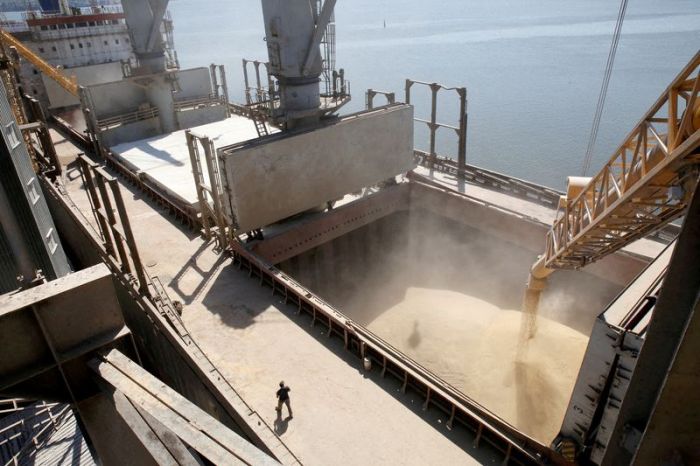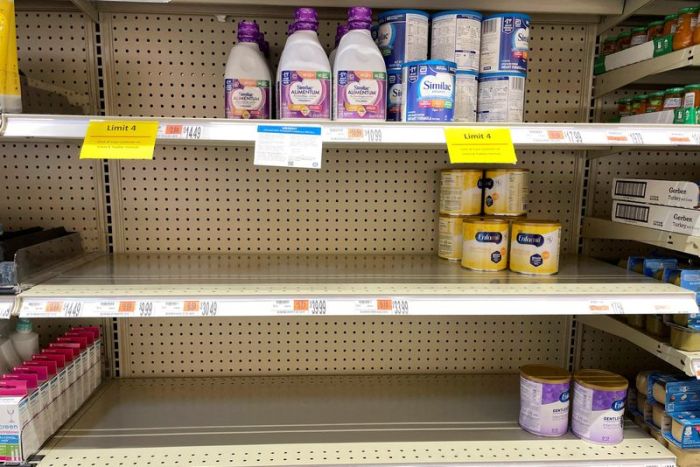New York (Reuters) – Oil prices rose on Wednesday, buoyed by tight supplies and as U.S. refiners drove processing activity to their highest level since before the coronavirus pandemic started.
Brent crude futures for July settled up 47 cents to $114.03 a barrel, while U.S. West Texas Intermediate (WTI) crude for July delivery ended up 56 cents to $110.33 a barrel.
U.S. crude stockpiles fell 1 million barrels last week, the government said, with gasoline inventories also sliding modestly. Distillate stocks rose by 1.7 million barrels. Refiners picked up the pace of processing, boosting capacity use to 93.2%, its highest since December 2019.
Refiners have had to keep facilities running at full-tilt to deal with heavy demand, especially from overseas, as refined product exports rose to more than 6.2 million barrels per day last week. High exports and a reduction in refining capacity means gasoline stocks have dwindled in the United States.
This upcoming weekend’s U.S. Memorial Day travel is expected to be the busiest in two years, causing fuel demand to rise as more drivers hit the road and shake off coronavirus pandemic restrictions despite high fuel prices.
“We’re not seeing any elasticity in refined products demand,” said Gary Cunningham, director of market research at Tradition Energy. “People are still going to drive; people are still driving.”
Global crude supplies continue to tighten as buyers avoid oil from Russia, the world’s second-largest exporter, after the invasion of Ukraine, which Moscow calls a “special military operation”.
The EU hopes to be able to agree on sanctions that would phase out Russian oil imports before the next meeting of the European Council, the council’s president, Charles Michel, said on Wednesday.
Even without a legal ban, self-sanctioning by numerous European companies has led to a record amount of Russia’s Urals crude oil sitting in vessels at sea as it struggles to find buyers.
On the flip side is the strict approach to the COVID-19 pandemic from China, the world’s biggest oil importer. Beijing has imposed new curbs while Shanghai plans to keep most restrictions in place this month.
(Reporting by David Gaffen; additional reporting by Rowena Edwards, Stephanie Kelly and Scott DiSavino; Editing by Marguerita Choy)
























